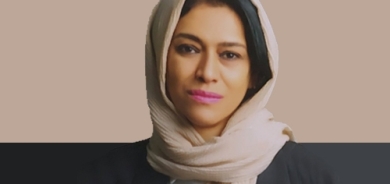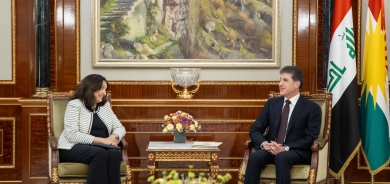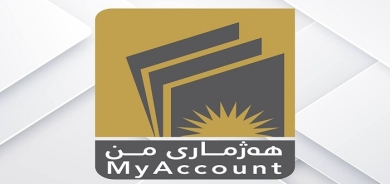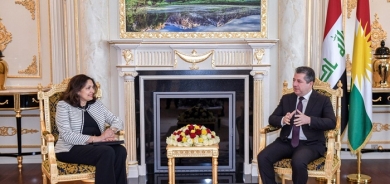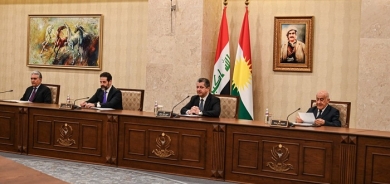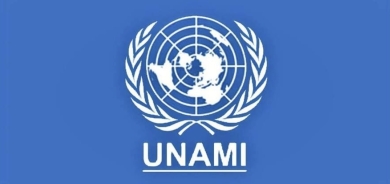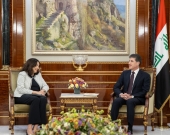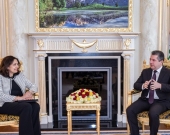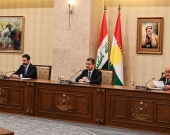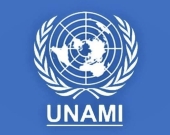Maduro's contested win creates uncertainty for Venezuela
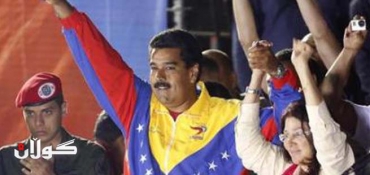
(Reuters) - Late socialist leader Hugo Chavez's chosen successor, Nicolas Maduro, won Venezuela's presidential election by a whisker but now faces opposition protests plus a host of economic and political challenges in the OPEC nation.
The 50-year-old former bus driver, whom Chavez named as his preferred heir before dying of cancer, edged out opposition challenger Henrique Capriles with 50.7 percent of the votes in Sunday's election, according to election board returns.
Capriles took 49.1 percent, just 235,000 fewer ballots.
Capriles, whose strong showing confounded most forecasts, refused to recognize the result and said his team had a list of more than 3,000 irregularities ranging from gunshots to the illegal reopening of polling centers.
"I didn't fight against a candidate today, but against the whole abuse of power," Capriles, the 40-year-old governor of Miranda state, said after Maduro was declared the winner.
"Mr. Maduro, you were the loser ... This system is collapsing, it's like a sand castle - touch it and it falls."
Capriles demanded a full recount, but it was unclear if the election board would agree. Either way, the dispute could usher in a new chapter of uncertainty for Venezuela, an already deeply polarized nation with the world's largest oil reserves.
Though some opposition supporters chanted "fraud," burned tires, and banged pots and pans in protest overnight, Capriles did not call them into the streets en masse.
Caracas returned to normal on Monday with businesses open and traffic flowing, although about 200 pro-opposition students protested in an upscale district, trying to enter a hotel where unofficial foreign election observers were meeting.
Maduro said he would accept a full recount, even as he insisted his victory was clean and dedicated it to Chavez.
The U.S. government on Monday backed the call for a full audit of the results and the Organization of American States offered to send election auditors to help.
Indicating what a tall order the opposition faces, officials said Maduro would be formally proclaimed winner by the election board at a ceremony and rally in downtown Caracas on Monday afternoon despite the ongoing controversy.
"I won ... we've had a fair, legal and constitutional triumph," Maduro told a victory rally on Sunday night, saying he would be vigilant against destabilization. "We will know what to do if someone raises their insolent voice against the people."
Venezuela's election board is no stranger to controversy. Over the years, the opposition has repeatedly accused it of turning a blind eye to the blatant use of state resources in favor of pro-Chavez candidates. Critics say four of its five members are openly pro-government.
"The next few hours are critical," Pedro Benitez, a senior member of the opposition coalition, told Reuters. "The opposition has to get access to the ballot boxes, which are under custody of the (military)."
A similar situation gripped Mexico in 2006, when a leftist opposition candidate alleged fraud after losing a tight presidential race to Felipe Calderon. A partial recount followed and Calderon's victory was upheld.
CAPRILES' LATE SURGE
Maduro's slim victory provides an inauspicious start for the "Chavismo" movement's transition to a post-Chavez era. It also raises the possibility that he could face challenges from rivals within the disparate coalition that united around the towering figure of Chavez, an icon of the Latin American left.
Chavez beat Capriles by 11 percentage points and 1.6 million votes in October, showing how quickly the gap between the two sides has eroded without the larger-than-life presence of the former leader.
Opinion polls had all predicted a comfortable win for Maduro, due to emotion over Chavez's March 5 death and the popularity of his social welfare programs. The gap narrowed fast in the final days but even so the result took most Venezuelans by surprise.
The sympathy effect for Maduro following Chavez's death was clearly wearing off and Capriles' campaign message - slamming his rival as an incompetent and poor copy of Chavez unable to fix the nation's many problems - hit home.
Maduro was unable to match his former boss's charisma and electrifying speeches but nevertheless benefited from a well-oiled party machine and poor Venezuelans' fears that the opposition might abolish Chavez's slum development projects.
The short campaign apparently helped Maduro. If it had gone longer, he could have lost even more support.
"The death of Chavez was a game-changer that is leading to the gradual reorganization of political power in Venezuela, in which the armed forces will play a key role behind the scenes," said Venezuelan political analyst Diego Moya-Ocampos.
Maduro's supporters set off fireworks overnight and some sang and danced in the streets, but celebrations were far more muted than after Chavez's third re-election victory last year.
Some supporters seemed to pay little attention to Maduro's speech, and it was only when he played a recording of the late president singing the national anthem that they burst into life.
"On one hand, we're happy, but the result is not exactly what we had expected," said Gregory Belfort, 32, a computer technician appearing slightly dazed in front of the presidential palace with other government supporters.
"It means there are a lot of people out there who support Chavez but didn't vote for Maduro, which is valid."
ALLIES CONGRATULATE MADURO
Allies including China, Russia, Argentina and Cuba all congratulated Maduro.
"This transcendental triumph demonstrates the strength of the ideas and work of Commander Hugo Chavez," said President Raul Castro of Cuba, which receives more than 100,000 barrels a day of Venezuelan oil in exchange for sending workers here.
Under Chavez, Venezuela was the United States' main antagonist in Latin America, and Washington will be watching events closely while trying to avoid any impression of meddling.
Though Maduro has repeated his predecessor's strident "anti-imperialist" rhetoric in public, there are signs he may want to begin a rapprochement with the U.S. government.
Any weakening of Venezuela's socialist rulers could have a ripple effect around the region, given the importance of the government's economic aid and subsidized oil to fellow left-wing governments from Cuba to Bolivia, members of a Chavez-led alliance fiercely critical of U.S. policies.
White House spokesman Jay Carney said a full audit of the results would be "an important, prudent and necessary step to ensure that all Venezuelans have confidence in these results."
Venezuela's armed forces, who have played a major role in the country's tumultuous recent history, including three coup attempts from within the military in the last two decades, vowed to maintain order in the nation of 29 million people.
Maduro's campaign was built almost entirely on his close ties to the late leader and emotional anecdotes about Chavez's final days before he succumbed to cancer.
The small margin of victory gives Maduro less authority to lead the broad ruling alliance that includes military officers, oil executives and armed slum leaders.
"This is the most delicate moment in the history of Chavismo since 2002," said Javier Corrales, a Venezuela expert at Amherst College in Massachusetts, referring to a two-day coup against Chavez 11 years ago.
"With these results, the opposition might not concede easily, and Maduro will have a hard time demonstrating to the top leadership of Chavismo that he is a formidable leader."
It will also add to the difficulty Maduro faces in moving from campaign mode to actually governing a nation with high inflation, a slowing economy, Byzantine currency controls and one of the world's worst violent crime rates.
In 2012, blow-out state spending before Chavez's re-election helped spur economic growth of 5.6 percent. This year, many private economists expect growth of 2 percent or less.
Wall Street analysts said the high uncertainty about the short-term political situation was likely to be received negatively by the market. There was no sign, however, that the situation could force Venezuela to default on its debt.
Venezuela's popular, high-yielding dollar bonds fell sharply on Monday and debt insurance costs rose.
The evaporation of Maduro's big lead in opinion polls prompted some soul-searching in the pro-Chavez camp.
"These results require deep self-criticism," said Diosdado Cabello, the powerful head of the National Assembly, whom many Venezuelans see as a potential rival to Maduro though the pair have repeatedly pledged unity in public.
"It's contradictory that some among the poor vote for those who always exploit them," Cabello added on Twitter. "Let's turn over every stone to find our faults, but we cannot put the fatherland or the legacy of our commander (Chavez) in danger."
(Additional reporting by Eyanir Chinea and Mario Naranjo in Caracas, Nelson Acosta in Havana, Sujata Rao-Coverley in London and Alexei Anishchuk in Moscow.; Editing by Kieran Murray, Todd Benson and Jackie Frank)

